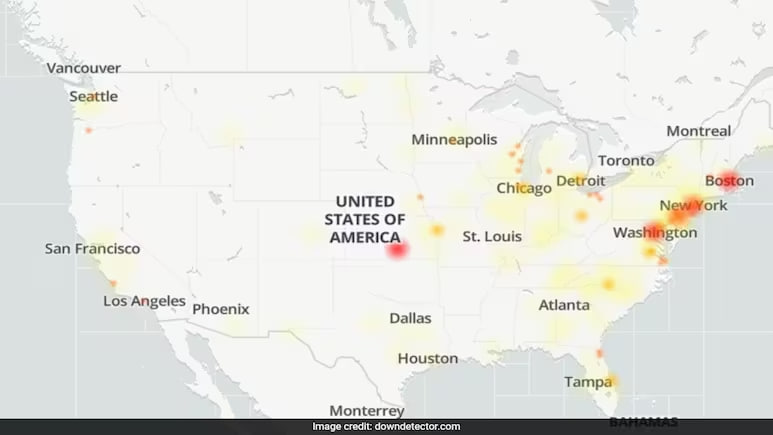Absolutely, I’d be happy to help! When it comes to monetizing websites, several platforms stand out for their versatility, user-friendliness, and revenue potential. Here’s a rundown of five top-notch platforms that can help website owners generate income.
1. Google AdSense
Google AdSense remains a cornerstone for website monetization. It offers a straightforward way to display targeted ads on your site, matching content with relevant advertisements. AdSense is user-friendly and integrates seamlessly with various content management systems (CMS) like WordPress, making it accessible to a wide range of website owners. Revenue is generated through clicks or impressions, with payments issued on a monthly basis.
Pros:
- Easy setup and integration
- Diverse ad formats (text, display, video)
- Extensive advertiser base
Cons:
- Strict guidelines and policies
- Revenue highly depends on traffic quality and niche
2. Amazon Associates
For websites centered around product reviews, recommendations, or e-commerce, Amazon Associates is a popular choice. It allows you to earn referral fees by advertising Amazon products. Affiliates earn commissions when visitors click through their affiliate links and make purchases on Amazon.
Pros:
- Vast product selection
- Trusted brand
- Various linking options (text, image, native ads)
Cons:
- Commission rates can vary widely
- Cookie duration is relatively short
3. Patreon
Patreon provides a unique platform for creators, allowing them to monetize their content through subscriptions. It’s particularly beneficial for artists, podcasters, writers, and other creatives who offer ongoing content. Supporters subscribe for exclusive access to premium content, community interactions, or perks offered by the creator.
Pros:
- Recurring income from loyal fans
- Direct relationship with audience
- Flexibility in setting subscription tiers and rewards
Cons:
- Requires consistent content creation
- Platform fees can cut into earnings
4. Shopify
For those interested in e-commerce, Shopify is a comprehensive platform to create and manage online stores. It offers a range of tools to design, market, and sell products. With various templates and customization options, it caters to both beginners and experienced merchants.
Pros:
- Versatile e-commerce functionalities
- Extensive app store for additional features
- Payment processing and shipping integration
Cons:
- Monthly fees can add up
- Customizations might require coding knowledge
5. Teachable
Teachable is an excellent choice for those aiming to monetize their expertise through online courses. It provides a platform to create and sell courses on virtually any topic. It offers customization options, marketing tools, and analytics to help instructors build and grow their online course business.
Pros:
- User-friendly course creation interface
- Custom branding and domain options
- Sales and student analytics
Cons:
- Transaction fees on lower-tier plans
- Limited control over student data on basic plans
Choosing the right platform for monetization largely depends on your website’s niche, audience, and content. Experimenting with a combination of these platforms or others might be necessary to find the most effective strategy for generating revenue. Remember, consistent quality content and a good understanding of your audience are key elements for successful monetization.






